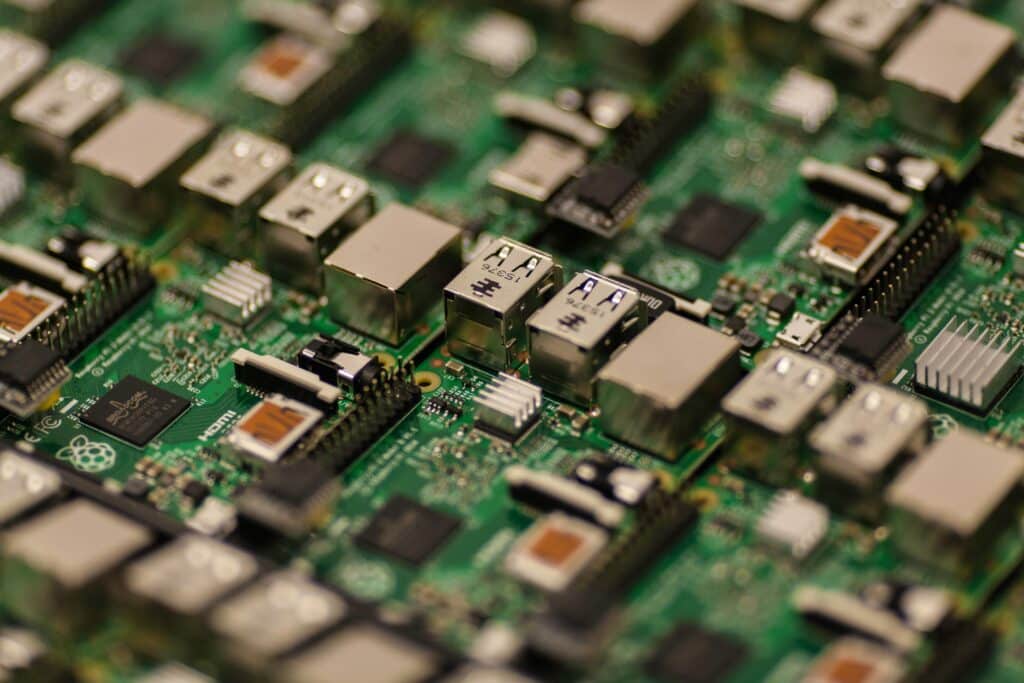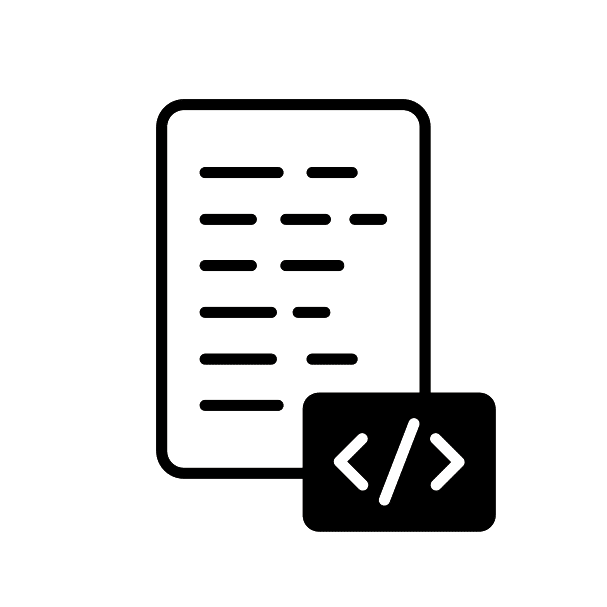Discover the universe of coding and hardware with Raspberry Pi.

Our teachers and tutors graduated from top universities








Overview

Customised coding curriculum
Select your preferred coding languages or topics, and we'll connect you with an expert tutor who will ensure you're well-versed.

Test taking strategies
Get diagnosed about your weaknesses and strengths, and learn how to optimize your performance.

Private lesson
No need to accommodate other students. Learning is customised your perfect pace and difficulty so you are always improving.
About Raspberry Pi
Raspberry Pi is not just a miniature single-board computer; it’s a groundbreaking tool designed to make computer science accessible to students, hobbyists, and professionals alike. Conceived in the UK by the Raspberry Pi Foundation, these small yet potent devices have had a massive global influence, opening doors to limitless learning and innovation opportunities.
Leveling the Educational Playing Field
One of Raspberry Pi’s main objectives is to make computer science education universally accessible. Its affordability and robust capabilities level the playing field for students from diverse economic backgrounds, enabling educational institutions on a budget to deliver quality computer science instruction.
Flexibility and Expandability
The range of applications for Raspberry Pi boards is incredibly broad. They can be utilized in basic educational tasks as well as sophisticated scientific experiments. The platform’s expandability makes it a preferred choice for a variety of applications, from automating household systems to powering robotics. It’s a resource that evolves with your skills and requirements.
Open Source Benefits
Operating on various open-source software options, including several Linux distributions, Raspberry Pi enriches the educational experience. It exposes learners to the ethos of open-source communities, collective contribution, and cooperative problem-solving.
Robust Global Community
An extensive, global community of Raspberry Pi enthusiasts provides an invaluable support network. Online platforms, tutorials, and social groups offer a reservoir of expertise and an encouraging setting for both novices and seasoned users. This communal space is instrumental for troubleshooting, sharing endeavors, and keeping abreast of the latest technological advancements.
The IoT Frontier
In the emerging field of the Internet of Things (IoT), Raspberry Pi has carved out a niche. It can integrate seamlessly with a range of sensors and actuators, making it a go-to platform for IoT initiatives.
Skills for the Future
Engaging with Raspberry Pi equips individuals with skills that are evergreen in our increasingly tech-dependent world. As global interconnectivity and technology reliance escalate, the competencies gained in manipulating both hardware and software will become even more crucial.
By diving into the world of Raspberry Pi, individuals are not only acquiring valuable skills but are also participating in a wider technological renaissance that will continue to shape the digital landscape.
Description
This course serves as an introduction to computer science and Python programming, emphasizing hands-on experience with Raspberry Pi technology.
In this interactive program, students will work with a Raspberry Pi board to build and program their own personal laptop. This engaging journey will offer participants a deeper understanding of computer mechanisms, exposure to the Linux operating system, and the ability to solve hardware and technology-based problems.
After assembling their laptops, students can further explore the world of coding by developing simple games using Python.
What you will learn
- Build a working laptop from scratch.
- Get acquainted with the multifaceted capabilities of Raspberry Pi.
- Create games through Python coding.
- Gain insights into the Linux operating system.
Requirements
- Ages 10 – 18
- Interested in computer science
- Interested in hardware
Student FAQs About Raspberry Pi
The Raspberry Pi primarily operates on Raspbian, an operating system built on the Debian-based Linux framework and tailored for Raspberry Pi hardware. It can also accommodate other Linux variants and even non-Linux systems like Windows IoT Core.
While Python remains the most prevalent programming language for Raspberry Pi, the device also accommodates other languages such as Java, C++, and Scratch, which is beginner-friendly.
Typically, a Raspberry Pi receives its power from a micro USB power adapter, akin to common smartphone chargers. More recent models can also utilize USB-C for power, and Power over Ethernet (PoE) is an option with a supplementary HAT attachment
ndeed, recent versions of Raspberry Pi come with integrated Wi-Fi and Ethernet capabilities, simplifying internet connectivity. For older models lacking built-in Wi-Fi, a separate Wi-Fi dongle can be used.
Although Raspberry Pi possesses many of the core functionalities you would expect in a conventional computer, it is notable for the absence of certain features commonly found in standard PCs, such as an internal hard drive and an extensive array of input/output ports. Despite these limitations, what sets Raspberry Pi apart is its uniquely compact size and low power consumption. These attributes make it exceptionally well-suited for specialized tasks and projects that do not require the full capabilities of a traditional computer system.
How it works
1
Request a tutor
Let us know your goals and age range. We'll figure out a plan to help get you there.
2
Match with a tutor
We'll recommend you a tutor based on your needs and goals, or you can request a specific tutor.
3
Start a free trial
Experience a free trial lesson with your new tutor and see if your learning style matches.
4
Keep it up!
If everything went well, sign up to keep going! You can choose the pacing of the lessons
Need more info?
Let's talk.
Leave your phone number, and we’ll call you back to discuss how we can help you.


